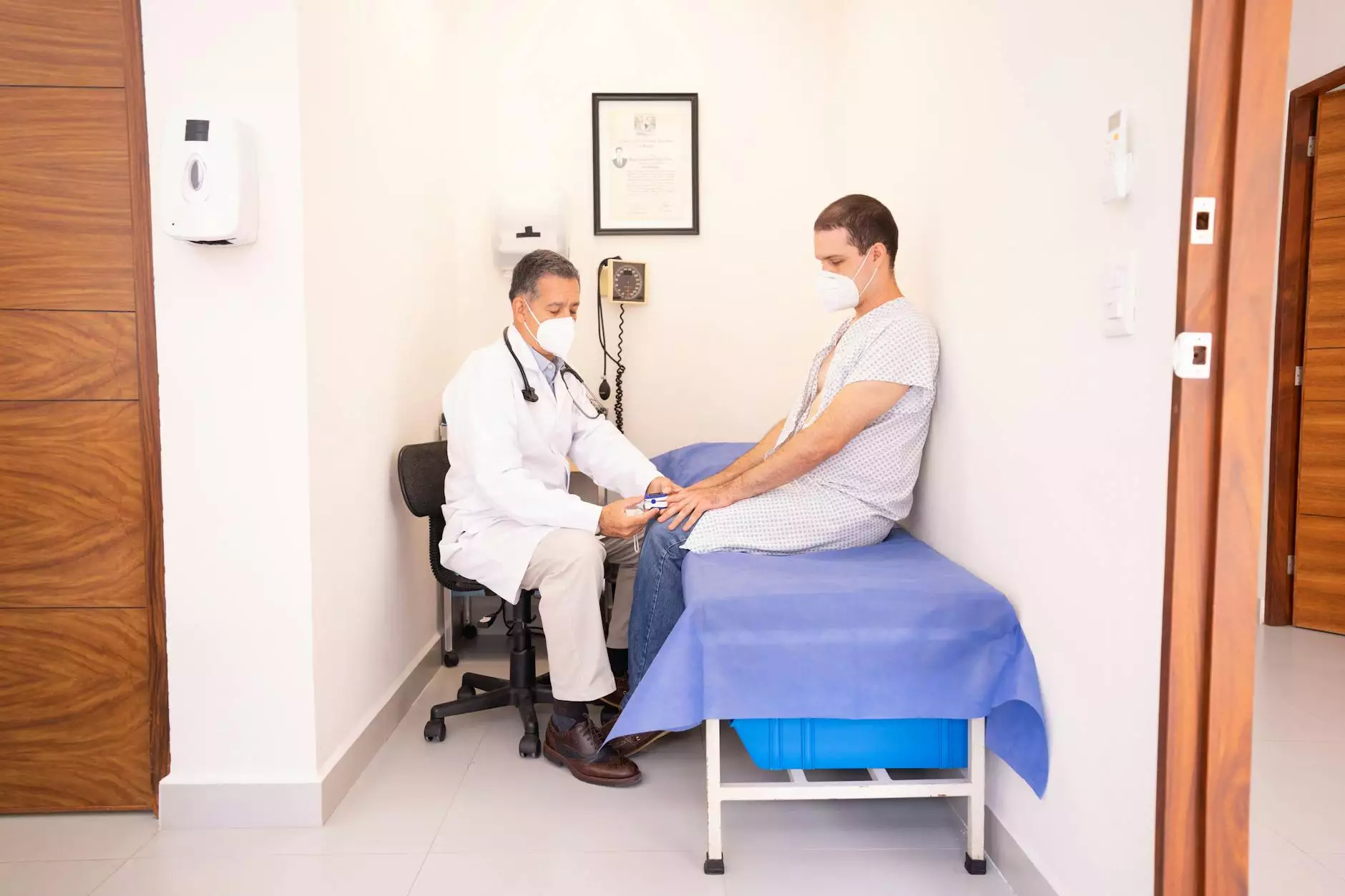MS Symptoms Checklist - Louisville

Comprehensive Multiple Sclerosis Symptoms Checklist
At Norton Community Medical Associates in Louisville, we understand the importance of early detection and accurate diagnosis when it comes to multiple sclerosis (MS). Our experienced team of neurologists is dedicated to providing advanced treatment options and comprehensive care for individuals with MS. In order to help you better understand the condition and identify possible symptoms, we have created a comprehensive MS symptoms checklist.
Understanding Multiple Sclerosis
Multiple sclerosis is a chronic autoimmune disease that affects the central nervous system. It occurs when the immune system mistakenly attacks the protective covering of nerve fibers in the brain and spinal cord, causing communication problems between the brain and the rest of the body. The exact cause of MS is still unknown, but researchers believe that a combination of genetic and environmental factors play a role.
Identifying MS Symptoms
MS symptoms can vary widely from person to person, and they may also change or progress over time. It is important to note that not everyone with MS will experience the same symptoms, and some individuals may only have mild symptoms while others may experience more severe ones.
Common Symptoms of Multiple Sclerosis
- Fatigue: One of the most common symptoms of MS is extreme tiredness that is not relieved by rest.
- Numbness or Tingling: Many individuals with MS report sensations of numbness or tingling in their limbs, face, or other parts of the body.
- Weakness: Muscle weakness or difficulty with coordination and balance is another common symptom of MS.
- Vision Problems: MS can affect the optic nerves, leading to blurred or double vision, partial or complete loss of vision, or pain during eye movement.
- Problems with Coordination and Balance: MS can impact the ability to walk or maintain balance, leading to unsteady movements or difficulty with fine motor skills.
- Dizziness and Vertigo: Some individuals may experience dizziness, lightheadedness, or a spinning sensation (vertigo) due to MS.
- Pain and Spasms: MS can cause chronic pain, muscle spasms, and stiffness, often affecting the legs and back.
Less Common Symptoms of Multiple Sclerosis
- Cognitive Changes: Some individuals with MS may experience difficulties with memory, attention, problem-solving, and other cognitive functions.
- Bowel and Bladder Dysfunction: MS can affect bowel and bladder control, leading to issues such as urgency, frequency, hesitancy, or incontinence.
- Sexual Dysfunction: MS can also impact sexual function, causing problems with arousal, orgasm, or desire.
- Emotional Changes: Mood swings, depression, and anxiety are commonly reported in individuals with MS.
- Speech and Swallowing Difficulties: MS can affect the muscles involved in speech and swallowing, leading to slurred speech or difficulties with swallowing.
When to Seek Medical Attention
If you are experiencing any of the symptoms mentioned or are concerned about the possibility of having MS, it is important to consult with a healthcare professional for a proper diagnosis. Early detection and treatment can help manage symptoms, slow disease progression, and improve overall quality of life.
Advanced MS Treatment Options in Louisville
At Norton Community Medical Associates, we offer a wide range of advanced treatment options for individuals with multiple sclerosis. Our team of experienced neurologists works closely with each patient to develop personalized treatment plans that address their unique needs and goals.
Treatment Approaches for MS
Depending on the individual's specific condition and symptoms, treatment options for MS may include:
- Disease-Modifying Therapies: These medications help slow the progression of MS, reduce the frequency and severity of relapses, and manage symptoms.
- Symptom Management: Various therapies and medications can help manage specific symptoms associated with MS, such as fatigue, pain, muscle spasms, and bladder dysfunction.
- Physical and Occupational Therapy: Rehabilitation programs can help improve mobility, strength, balance, and overall functioning.
- Psychological Support: Mental health professionals can provide support and counseling to help individuals cope with the emotional challenges of living with MS.
- Alternative and Complementary Therapies: Some individuals may explore alternative approaches such as acupuncture, yoga, or dietary changes to complement their conventional MS treatments.
Contact Norton Community Medical Associates for Expert MS Care
If you are seeking expert care for multiple sclerosis in Louisville, Norton Community Medical Associates is here to help. Our team of dedicated neurologists has extensive experience in diagnosing and treating MS, and we are committed to providing comprehensive care to improve the lives of our patients. Contact us today to schedule an appointment or learn more about our services.










